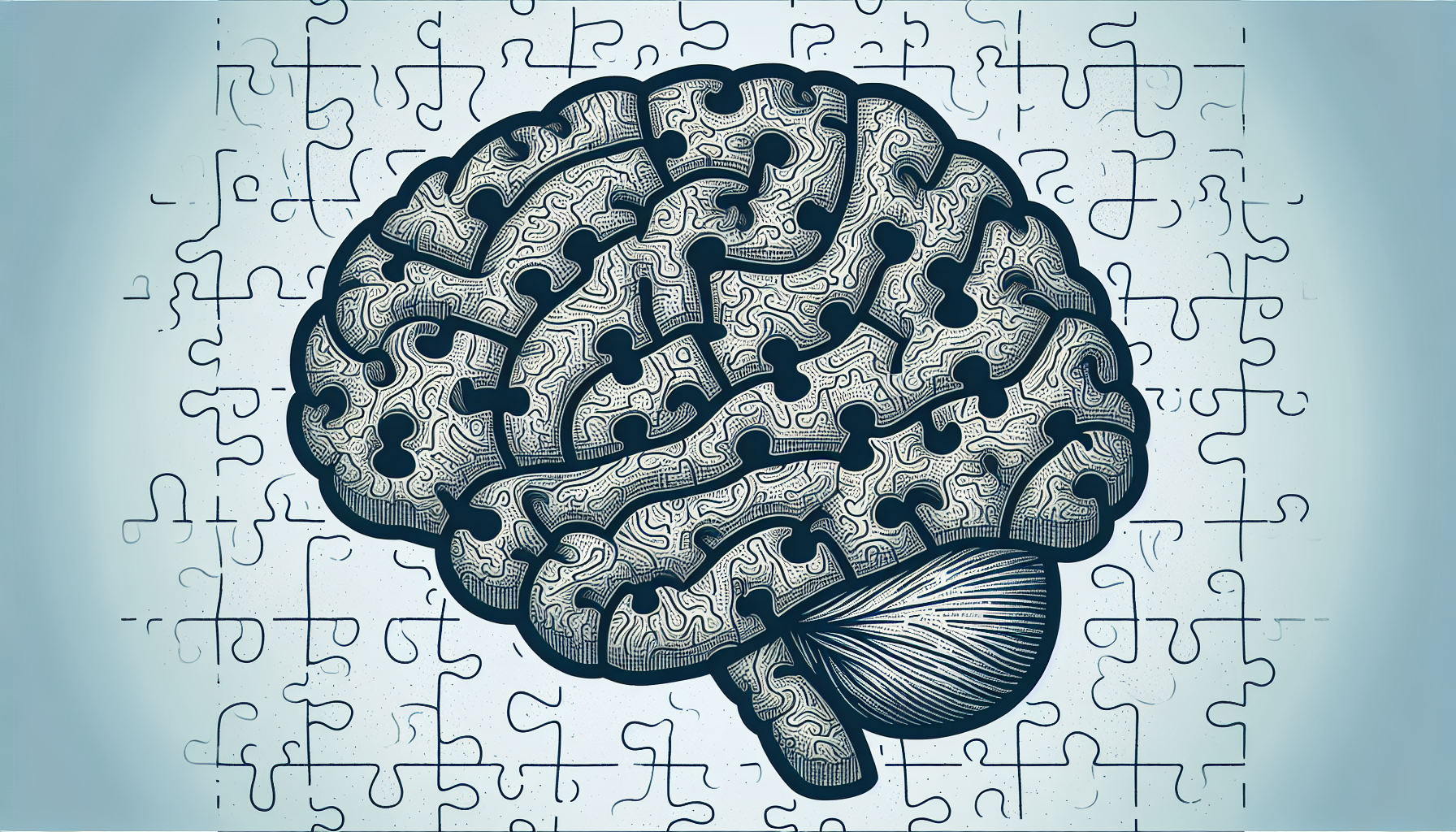In our ever-evolving world, maintaining and enhancing cognitive function is of paramount importance. Mental exercises are a key component in boosting brain power, much like physical workouts are essential for bodily health. This article explores various strategies that can sharpen the mind, enhance memory, and improve overall brain function.
The Foundations of Brain Health
Before delving into specific mental exercises, it’s crucial to understand the foundations of brain health. A well-rounded approach to enhancing cognitive abilities often involves a synergy between mental fitness and other health aspects. For instance, brain health is closely linked to cardiovascular fitness, as good blood flow ensures a steady supply of oxygen and nutrients to the brain.
Cognitive Challenges
One of the most direct ways to boost brain power is through exercises that challenge cognitive abilities. Activities like puzzles, crosswords, and strategy-based games force the brain to work harder, which can improve problem-solving skills and enhance memory.
Language Learning
Learning a new language is a comprehensive workout for the brain. It engages multiple cognitive processes, including memory, auditory processing, and problem-solving. Studies have shown that bilingualism can delay the onset of dementia and improve multitasking abilities.
Musical Training
Musical training is another robust form of mental exercise. Learning to play an instrument or understand musical theory can enhance the brain’s ability to process sounds, improve motor coordination, and even increase IQ scores.
Neurobics
Neurobics, a term coined to describe exercises that help the brain form new neural pathways, involves engaging the senses in novel ways. For example, using your non-dominant hand for daily tasks or blindfolding yourself while performing a familiar activity can stimulate brain growth.
Memory Enhancement Techniques
Memory is a critical cognitive function that can be improved with practice. Techniques such as the "Method of Loci," where you visualize placing items in specific locations in a familiar space, can enhance your ability to recall information.
Brain-Training Software
The rise of technology has seen the development of brain-training software and apps designed to improve various cognitive skills. While the debate continues on their efficacy, these tools can provide structured mental workouts that may benefit some users.
The Role of Diet and Supplements
Cognitive function is also influenced by diet and supplements. Nutrients like omega-3 fatty acids, found in fish oil, have been shown to support brain health. Antioxidant-rich foods, such as berries, can protect the brain from oxidative stress. For more on this, consider reading about nutritional supplements for enhanced cognitive function.
External Resources Supporting Mental Exercise Benefits
- The American Psychological Association provides insights into how mental exercises can fortify cognitive longevity (apa.org).
- The National Institutes of Health offers a comprehensive overview of the impact of diet on cognitive function (nih.gov).
- A resource from Harvard Medical School discusses the benefits of brain training programs and activities (health.harvard.edu).
Connection to Physical Exercise
Physical exercise is not just for the body; it also has profound effects on the brain. Activities like aerobic exercise have been shown to increase the size of the hippocampus, the brain area involved in verbal memory and learning. For more information, you can read about the importance of regular exercise for brain health.
Stress Management Techniques
Chronic stress can damage brain cells and hinder the production of new ones. Stress management techniques such as mindfulness meditation, deep breathing exercises, and yoga can mitigate these effects and promote relaxation, which is conducive to brain health.
Social Interaction
Engaging in meaningful social interaction is another mental exercise that can boost cognitive function. Socializing stimulates the brain through complex emotional and intellectual exchange, potentially reducing the risk of dementia.
Lifelong Learning
Adopting a philosophy of lifelong learning can keep the brain active and engaged. Whether it’s taking online courses, attending workshops, or simply reading extensively, continued education challenges the brain and helps maintain its sharpness.
The Role of Sleep in Brain Function
Sleep plays an essential role in brain health. During sleep, the brain consolidates memories and clears out toxins. Ensuring adequate and quality sleep is a vital part of any brain-boosting regimen.
Chronic Conditions and Brain Health
Chronic conditions such as diabetes and hypertension can negatively affect brain function. Managing these conditions effectively is important for maintaining cognitive health. Learn more about chronic conditions and their impact on brain health.
Conclusion
Boosting brain power is a multifaceted endeavor that requires a combination of mental exercises, physical fitness, stress management, social interaction, proper nutrition, and adequate sleep. By incorporating these strategies into daily life, individuals can enhance cognitive function and enjoy better brain health throughout their lives.
Remember, the journey to improved brain power is personal and ongoing. Start with exercises and habits that best fit your lifestyle, and be open to exploring new methods to keep your mind sharp. With dedication and practice, you can unlock the full potential of your brain’s capabilities.



